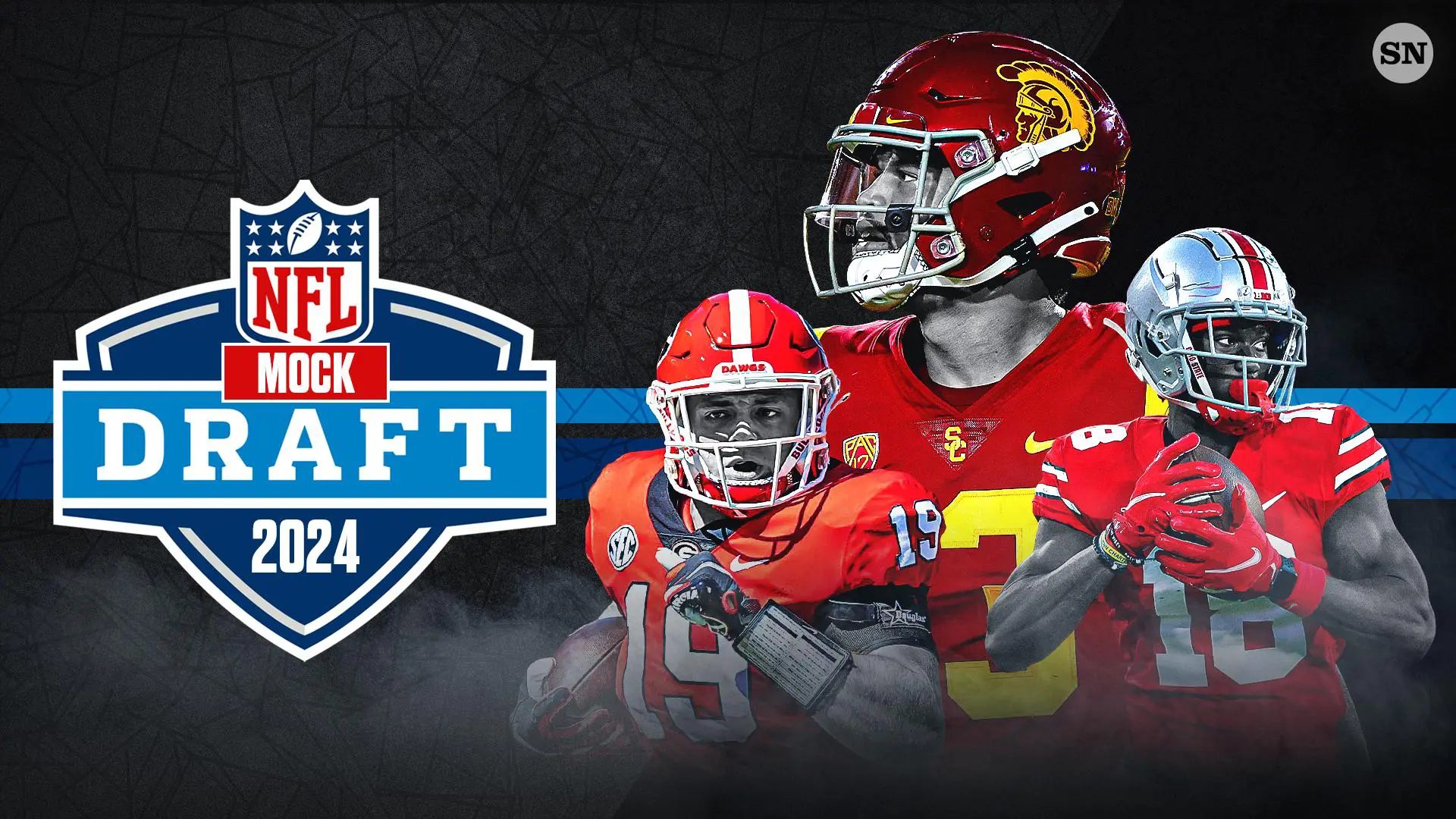The NFL & Grit
My favorite professional sports season has officially started: The NFL. There is nothing like the NFL.

Why do more than 20 million people watch the NFL every Sunday?
Some like the community aspect – it brings people together. Check.
Some like the violence and physical nature of the sport. Check.
Why me? I like it because football requires my favorite attribute for a player to be successful: GRIT.
Grit for a professional football player is playing through nagging injuries acquired during a long season. It is being able to bounce back immediately from a bad play.
How about unruly fans booing when you make a bad play? How about an angry coach yelling in your ear in front of the national TV cameras? It’s a constant punch in the mouth to see if you get up.
So what exactly is grit?
How does one acquire it? Can we acquire it?
Recent studies now show that “Grit” is a critical success factor in your personal and professional life too – much more so than having talent or exceptional genes.
University of Pennsylvania psychology professor Angela Duckworth has spent an academic lifetime studying grit and her studies concluded that grit is more environmentally developed than acquired through your genes.
It is also a truer indicator of success than talent. How true on the football field.
Even more than NFL football teams, military academies and special operations components are now benchmarking and testing incoming entrants to see if they have enough grit to make it through the initial stressful phases of the program.
High SAT/GRE scores and IQ quotients are strong indicators of long-term success, but grit is a stronger indicator that an individual with persevere and not quit the program.
As actor and philosopher, Woody Allen, once said, “80% of success is just showing up!”
Here are Ms. Duckworth’s four ways you can develop grit:
Interest/Passion: Do you really have a passionate interest in your vocation – your career? Are you mindful about what you do on a daily basis?
Capacity to Practice: For mere survival, military special operators ply their trade on a daily basis. Practice is hard. Mostly boring until the bullets start flying. But to have grit, you have to practice, gain 360-degree feedback, and practice again.
Simply put, the greats practice harder than everyone else. Ask Jerry Rice, known as the greatest NFL football player ever. He had average talent, but was a tireless worker.
Sense of Purpose: Those with grit have a vision of what they want to do and who they want to be. This is the difference between “strivers” and “naturals”. Gritty people also tend to surround themselves with those having a similar vision and purpose.
Hope: Focus on only that which you can control. Hopeful people tend to be irrepressible people.
For further reading on grit, check out Angela Duckworth’s recent book, “Grit: The Power of Passion and Perseverance” “
Here is more from Angela on the habits of gritty people. Are you one?
- Gritty people are fixed on high-level pursuits, but flexible on low-level goals, like daily to-dos.
- Gritty people know the “Why?” behind everything they do.
- Gritty people live life as a marathon, not a sprint.
- Gritty are stubborn, but not stupid.
- Like a toddler learning to walk, gritty people don’t waste time being ashamed or feeling anxious because they are too busy seeking feedback and improving.
- When a gritty person gets a rejection slip, encounters a setback, or reaches a dead-end, they are disappointed, even heartbroken at times. But not for long.
- Gritty people not only put in more hours than the next person, but they also fill their hours with intense focus. Yes, Focus.
- Gritty people embrace boredom and avoid environments of distraction. Military special operations is 99% pure boredom. But 1% sheer terror.
Ask yourself: Do I have Grit?



